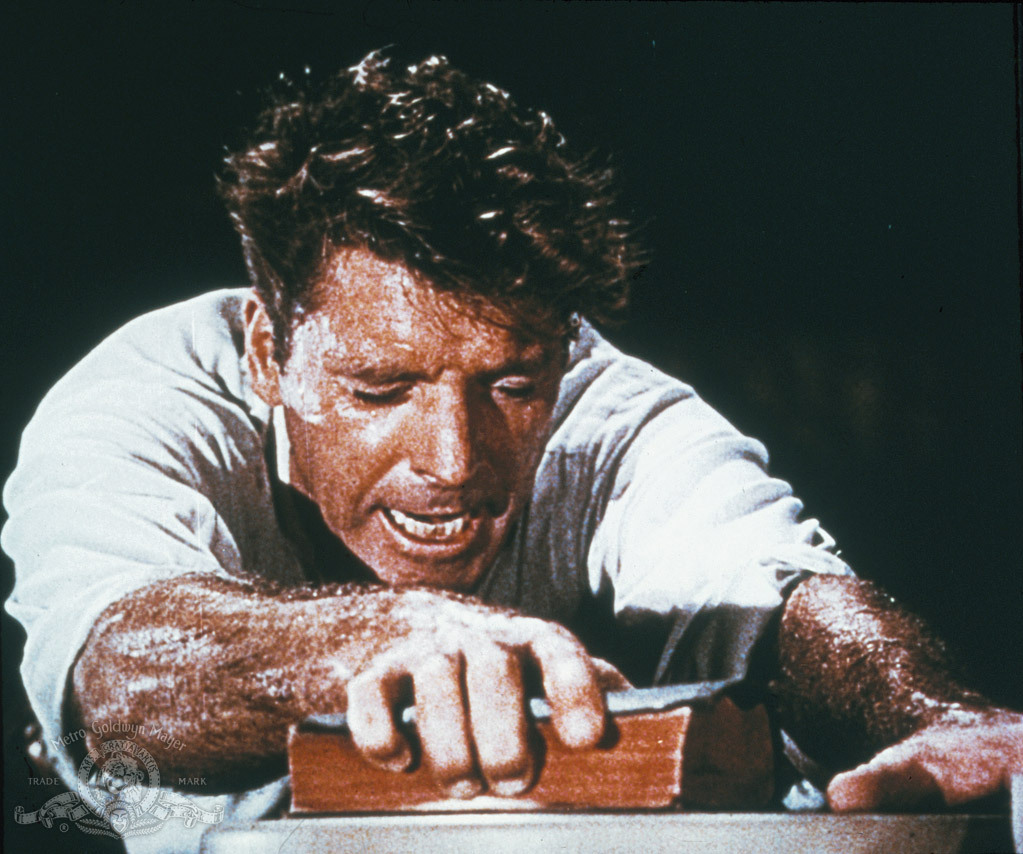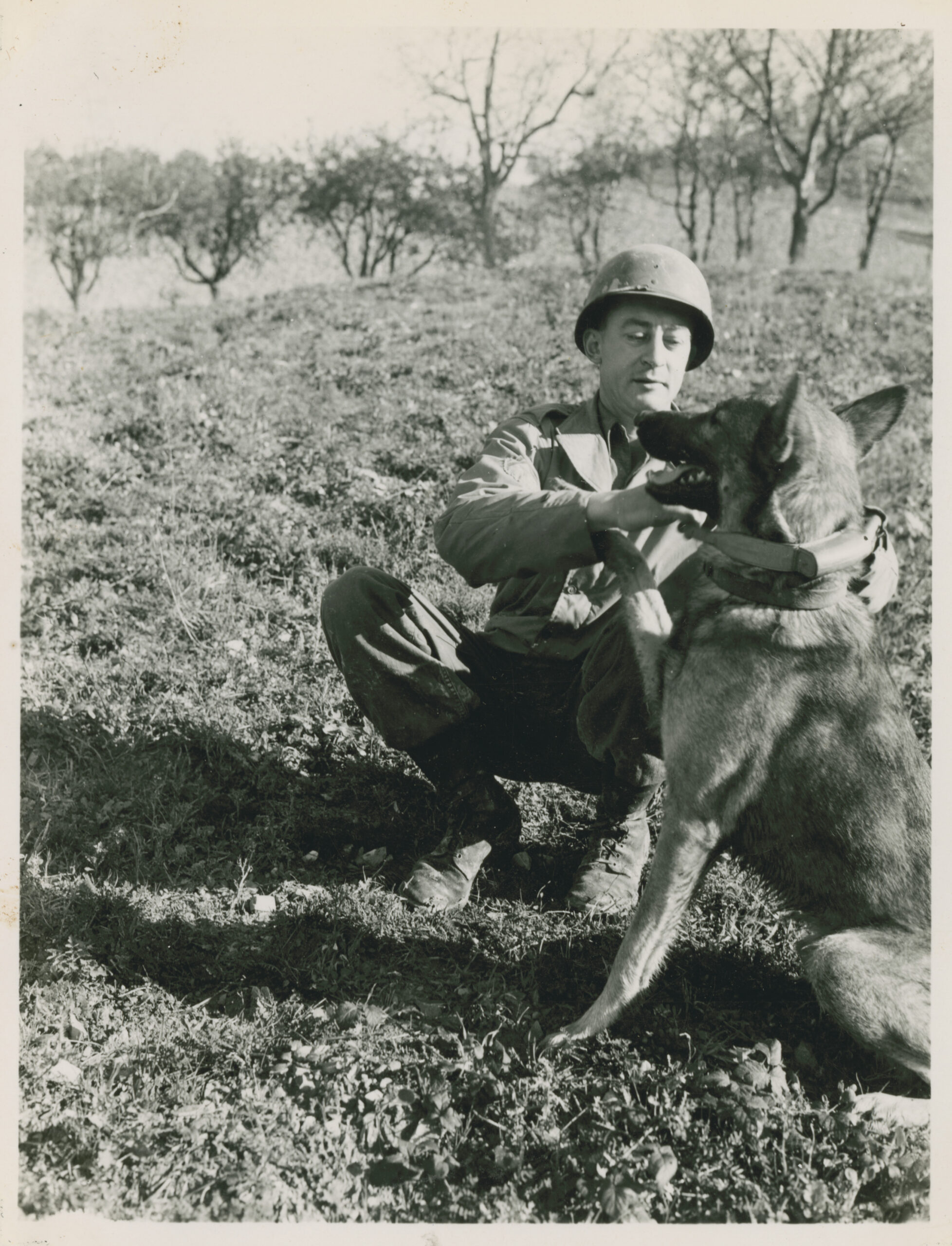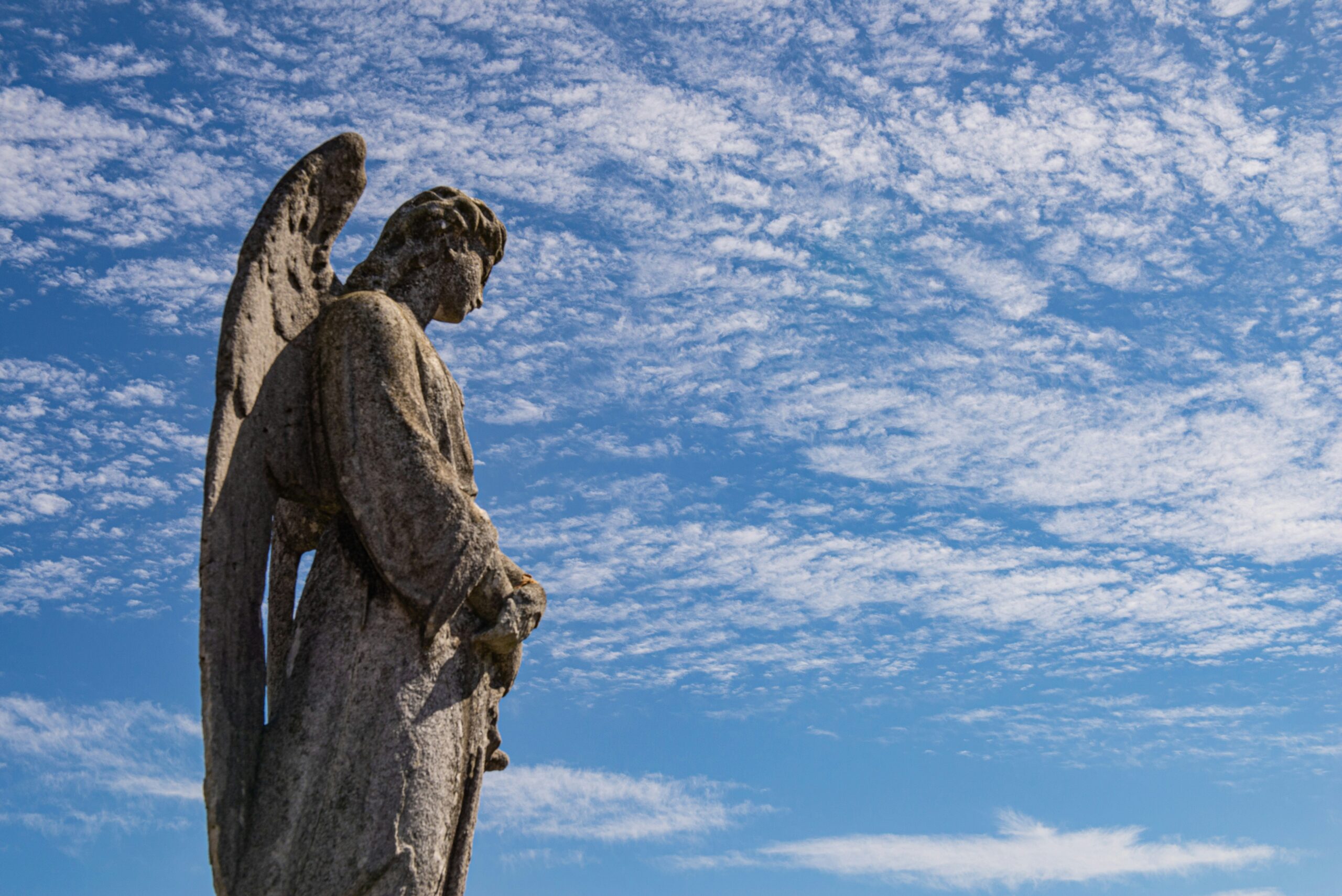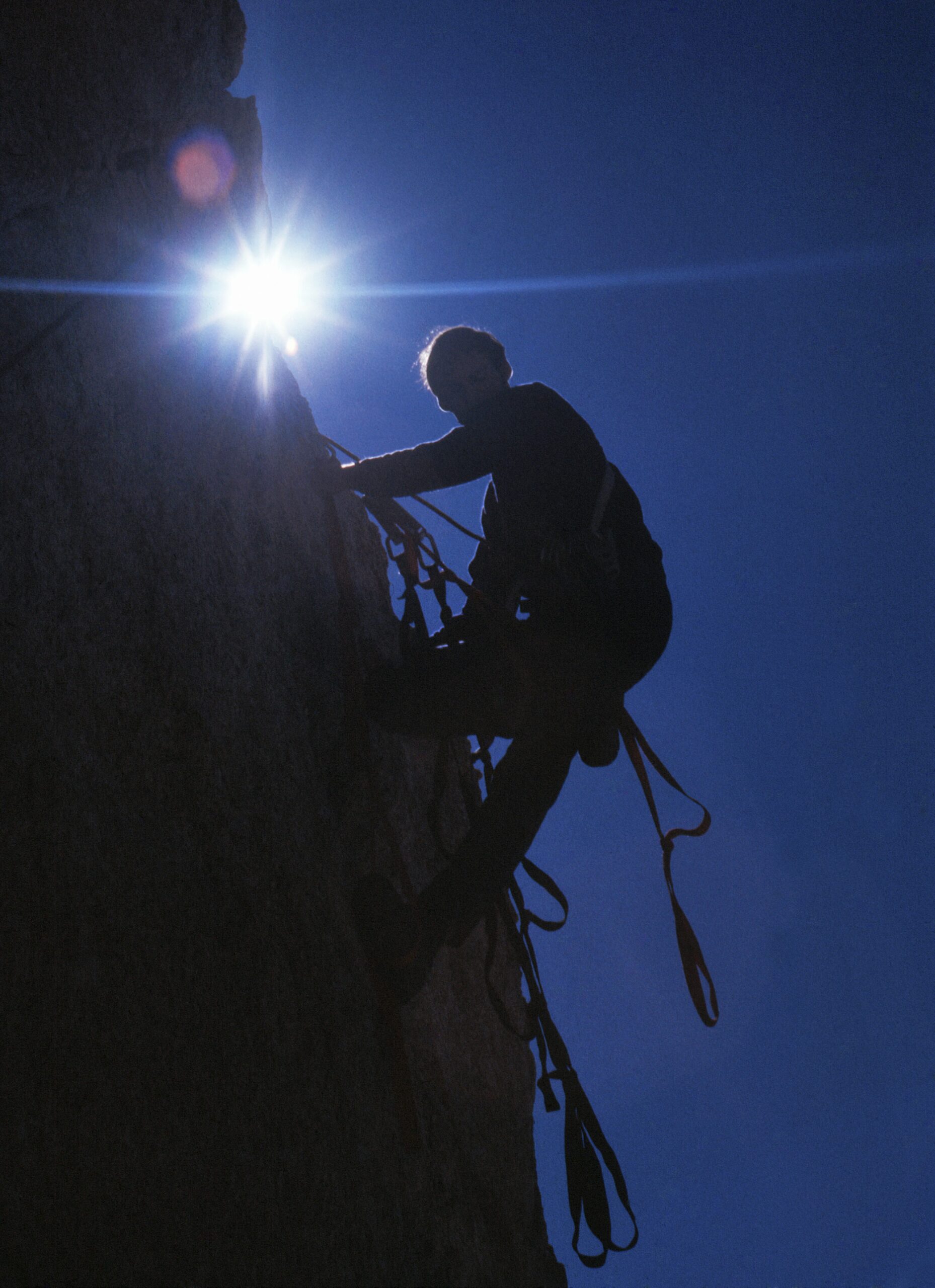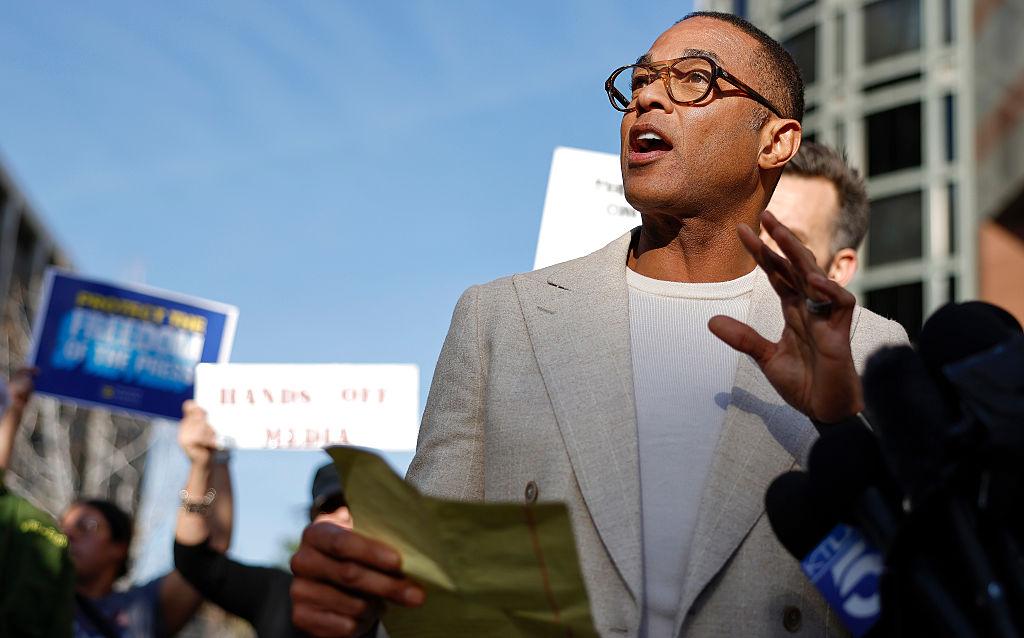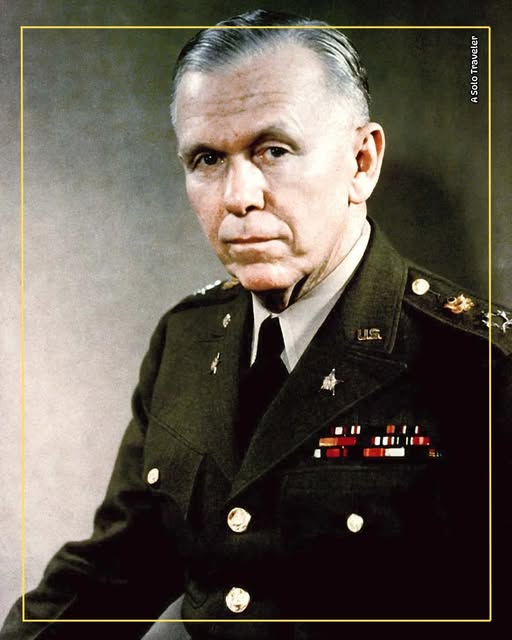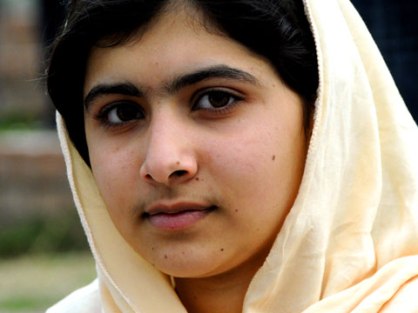 By now most of the world has heard about the heroic, Pakistani human rights activist – 14-years-old, no less – who stood up to the Taliban to encourage girls to get an education.
By now most of the world has heard about the heroic, Pakistani human rights activist – 14-years-old, no less – who stood up to the Taliban to encourage girls to get an education.
After several threats, a Taliban gunman shot her in the head on October 9th hoping to silence the young advocate. It didn’t work. In spite of a life-threatening wound, the young schoolgirl was successfully operated on in Pakistan to remove a bullet in her brain, then flown to England for additional specialized care.
New York Times reporter Nick Kristof writes, “A close family friend, Fazal Moula Zahid, told me that doctors are hopeful that there has been no brain damage and that she will ultimately return to school.
“After recovery,” Fazal told Kristof, “she will continue to get an education. She will never, never drop out of school. She will go to the last.”
I cannot remember hearing a story of someone so young who remains so committed to her cause on behalf of Pakistani girls.
“Pakistan is a country that has historically suffered from timid and ineffectual leadership,” Kristof writes, “unwilling to stand up to militants. Instead, true leadership emerged from a courageous 14-year-old girl.
“On the other side are the Taliban, who understand the stakes perfectly. They shot Malala because girls’ education threatens everything that they stand for. The greatest risk for violent extremists in Pakistan isn’t American drones. It’s educated girls.
“ ‘This is not just Malala’s war,’ a 19-year-old female student in Peshawar told me. ‘It is a war between two ideologies, between the light of education and darkness.’
In his plea for support for Malala’s cause, Kristof points out that “American aid is mainly about supporting the Pakistani Army. We have tripled aid to Pakistani education to $170 million annually, and that’s terrific. But that’s less than one-tenth of our security aid to Pakistan.
“In Malala’s most recent e-mail to a Times colleague, Adam Ellick, she wrote: ‘I want an access to the world of knowledge.’ The Taliban clearly understands the transformative power of girls’ education.”
As of this writing, the now 15-year-old, is slowly recovering at a hospital in Birmingham, England. Recently, “A hospital bulletin issued a few hours later, apparently aimed at discouraging premature optimism in a case that has drawn a wave of sympathy around the world, said that the girl, Malala Yousafzai… was ‘still very ill,’ and that a full evaluation of her brain injury had not been possible because her brain was still swollen.’
“The statement added: ‘This is still a fluid situation, and she sustained very grave injury. She’s not out of the woods yet, but we are hopeful she will make a good recovery.’ ”
We need about 50,000 more Malalas’ worldwide – individuals who, no matter their age or background – continue to demonstrate the kind of moral and physical courage necessary to fight for human rights issues such as education for all.
Comments
